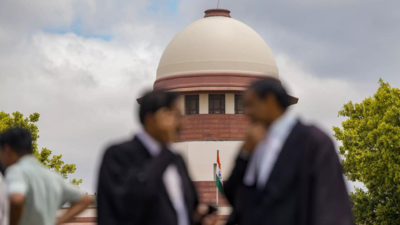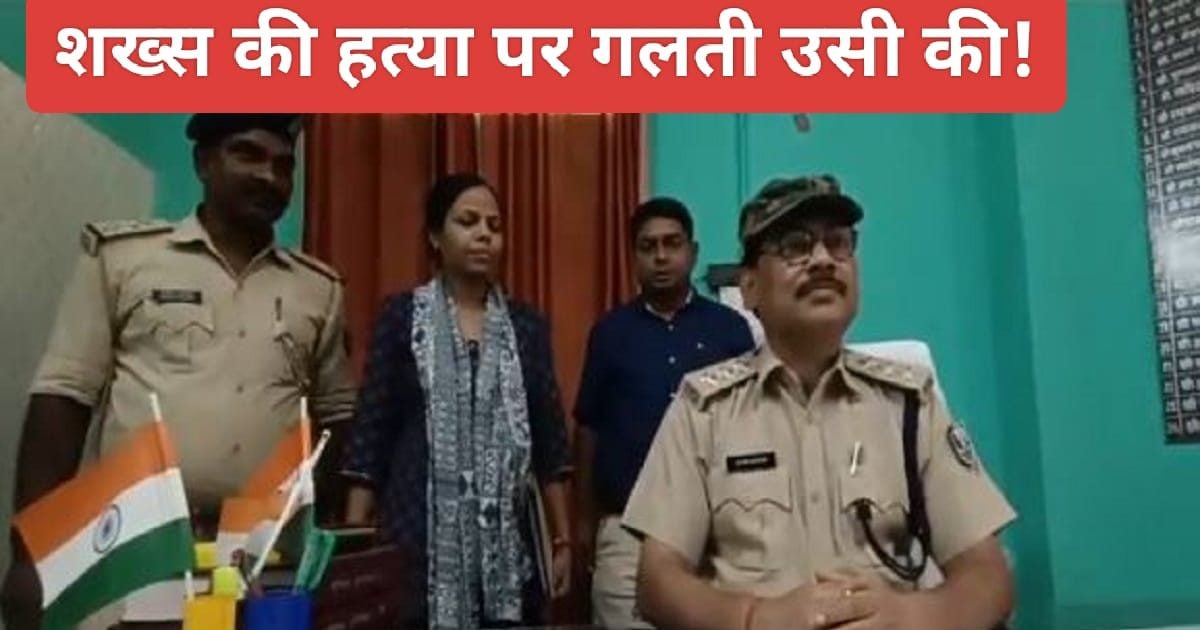NEW DELHI: The Supreme Court on Friday stayed the Delhi high court‘s order directing the signing of a Memorandum of Understanding (MoU) between the Union ministry of health and family welfare and the Delhi government for implementing the Pradhan Mantri Ayushman Bharat Health Infrastructure Mission (PM-ABHIM) scheme in the national capital.
A bench comprising Justices BR Gavai and AG Masih issued notice and sought the Centre’s response to the Delhi government’s plea challenging the high court’s directive.
Saif Ali Khan Health Update
Senior advocate Abhishek Manu Singhvi, representing the Delhi government, raised questions about the high court’s authority to compel the state government to sign the MoU with the Centre.
Singhvi argued that if the agreement were signed, the Centre would bear 60% of the capital expenditure, while the Delhi government would shoulder the remaining 40%. However, he highlighted that the Centre would not contribute to the scheme’s running costs, placing a financial burden on the state.
Singhvi further contended that Delhi’s existing health schemes are more expansive in reach and coverage, making the central scheme redundant for the city.
The apex court was hearing an appeal against the Delhi high court’s December 2024 order, which mandated the AAP government to sign the MoU by January 5, 2025, to implement PM-ABHIM. The high court’s directive came as part of a suo motu Public Interest Litigation (PIL) initiated in 2017, addressing concerns about the state of health infrastructure in government hospitals.
The high court emphasised that Delhi’s non-implementation of PM-ABHIM, when 33 other states and Union Territories had already adopted the scheme, was unjustifiable.
The issue had earlier triggered a fresh political confrontation between the AAP and the BJP. Delhi BJP president Virendra Sachdeva criticised the AAP government and its leader Arvind Kejriwal for allegedly denying the benefits of the Centre’s health insurance programme to Delhi residents.
Sachdeva accused the AAP of reneging on its assurance to implement Ayushman Bharat and “depriving lakhs” of affordable healthcare coverage.
In response, former Delhi chief minister Arvind Kejriwal defended his government’s stance, asserting that Delhi’s public health infrastructure already provides comprehensive and free healthcare to its residents. He reiterated that the city’s existing schemes are more effective in addressing local needs.




